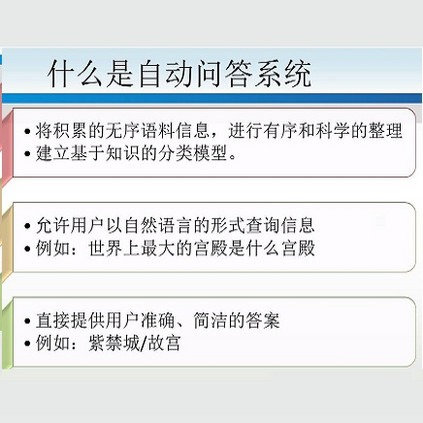Process reward models (PRMs) improve complex reasoning in large language models (LLMs) by grading candidate solutions step-by-step and selecting answers via aggregated step scores. While effective in domains such as mathematics, their applicability to tasks involving semi-structured data, like table question answering (TQA) remains unexplored. TQA poses unique challenges for PRMs, including abundant irrelevant information, loosely connected reasoning steps, and domain-specific reasoning. This work presents the first systematic study of PRMs for TQA. We evaluate state-of-the-art generative PRMs on TQA from both answer and step perspectives. Results show that PRMs that combine textual and code verification can aid solution selection but struggle to generalize to out-of-domain data. Analysis reveals a weak correlation between performance in step-level verification and answer accuracy, possibly stemming from weak step dependencies and loose causal links. Our findings highlight limitations of current PRMs on TQA and offer valuable insights for building more robust, process-aware verifiers.
翻译:暂无翻译




